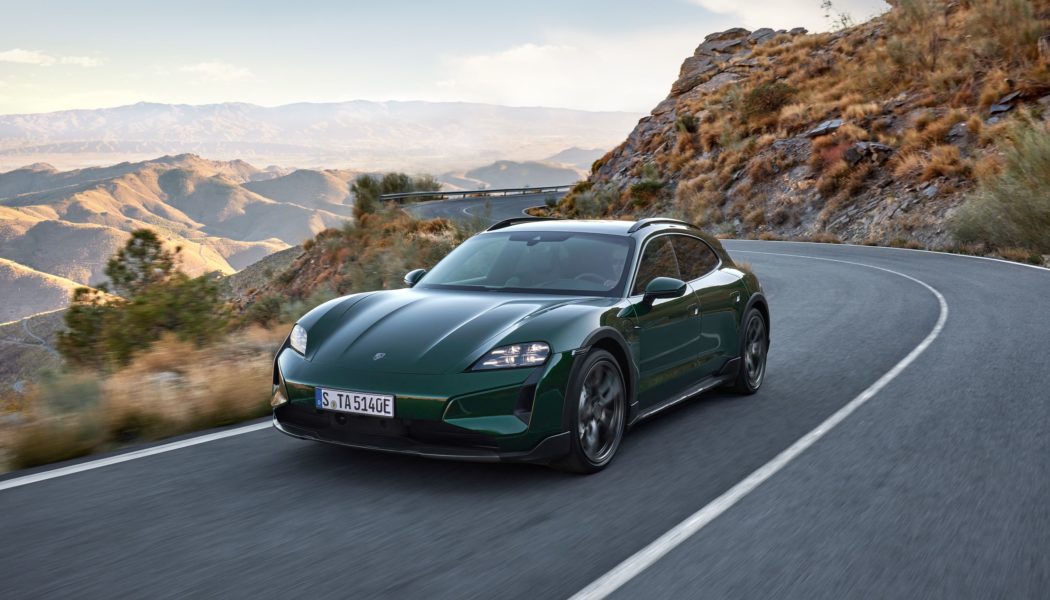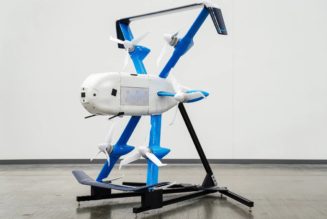‘The quickest production car Porsche has ever offered to date.’
Share this story
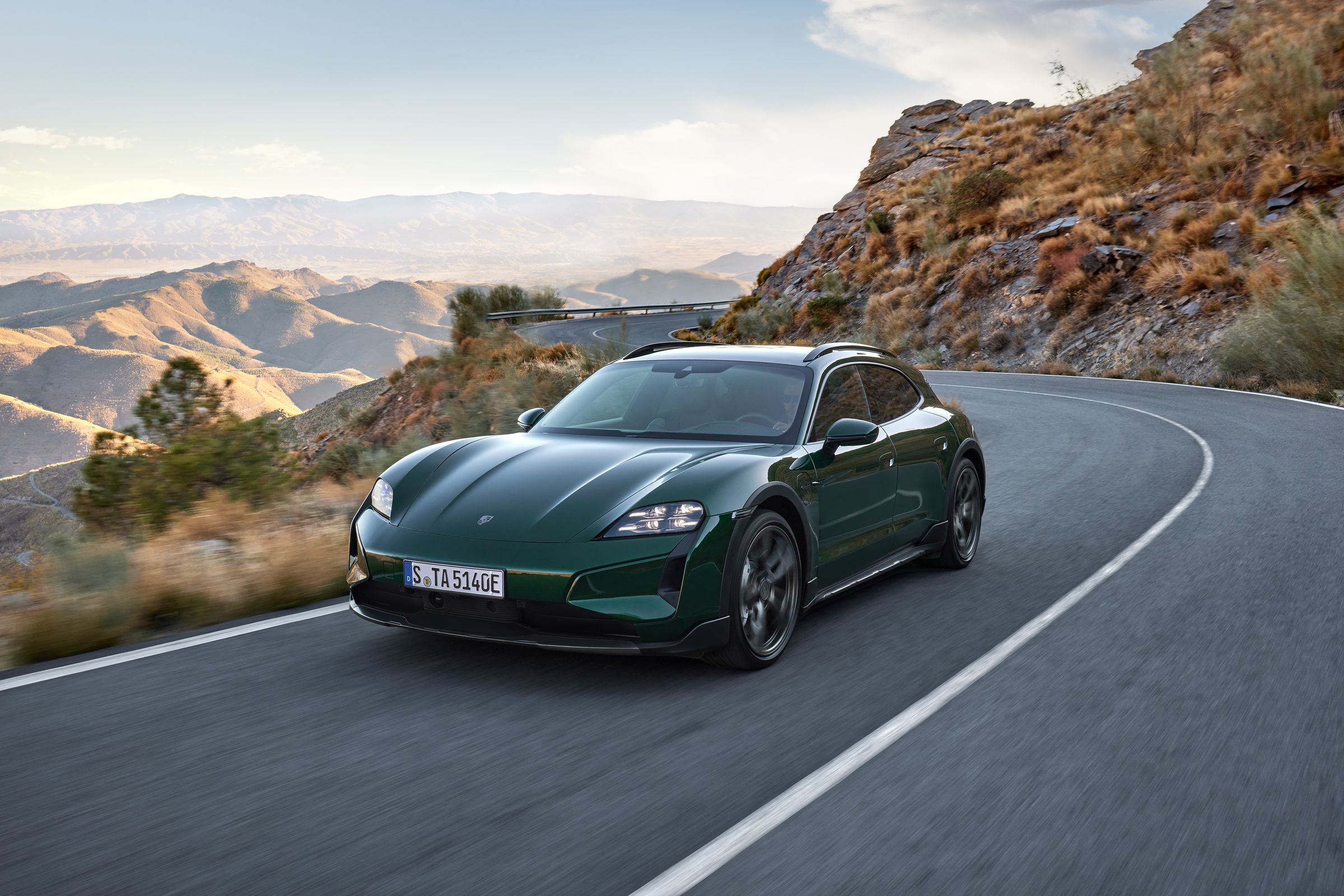
Porsche’s inaugural electric car is getting a facelift to dramatically improve its driving range, performance, and fast-charging abilities. As rival EVs get bigger batteries and improved charging architectures, Porsche is intent on remaining top of the heap with the refreshed Taycan sport sedan.
The 2025 Taycan comes in two body styles — the sports sedan and the Cross Turismo wagon — each with four powertrain options as well as rear- and all-wheel drive variants. The sedans, which range in price from $101,395 to $210,995, will be available this fall. The Cross Turismo models, available later this fall, start at $113,095 and climb all the way to $213,695.
The 2023 Taycan came in two battery configurations: 79kWh and 93kWh. For the 2025 model year, Porsche is now also offering a gross capacity 105kWh battery as part of its Performance Battery Plus package. (The company did not detail how much of that capacity would be usable.)
Porsche also claims that the 2025 Taycan will be one of the fastest-charging EVs on the road, holding down the curve to go from zero to 80 percent in just 18 minutes. That’s several minutes improved over other EVs with 800-volt architectures, like the Hyundai Ioniq 6 and Kia EV6.
Indeed, the new Taycan will be able to charge at 800-volt DC charging stations at up to 320kW — an improvement of 50kW over the previous model. A number of charging providers have begun to install stations around the country that can provide electrons at rates of up to 350kW for faster charging sessions.

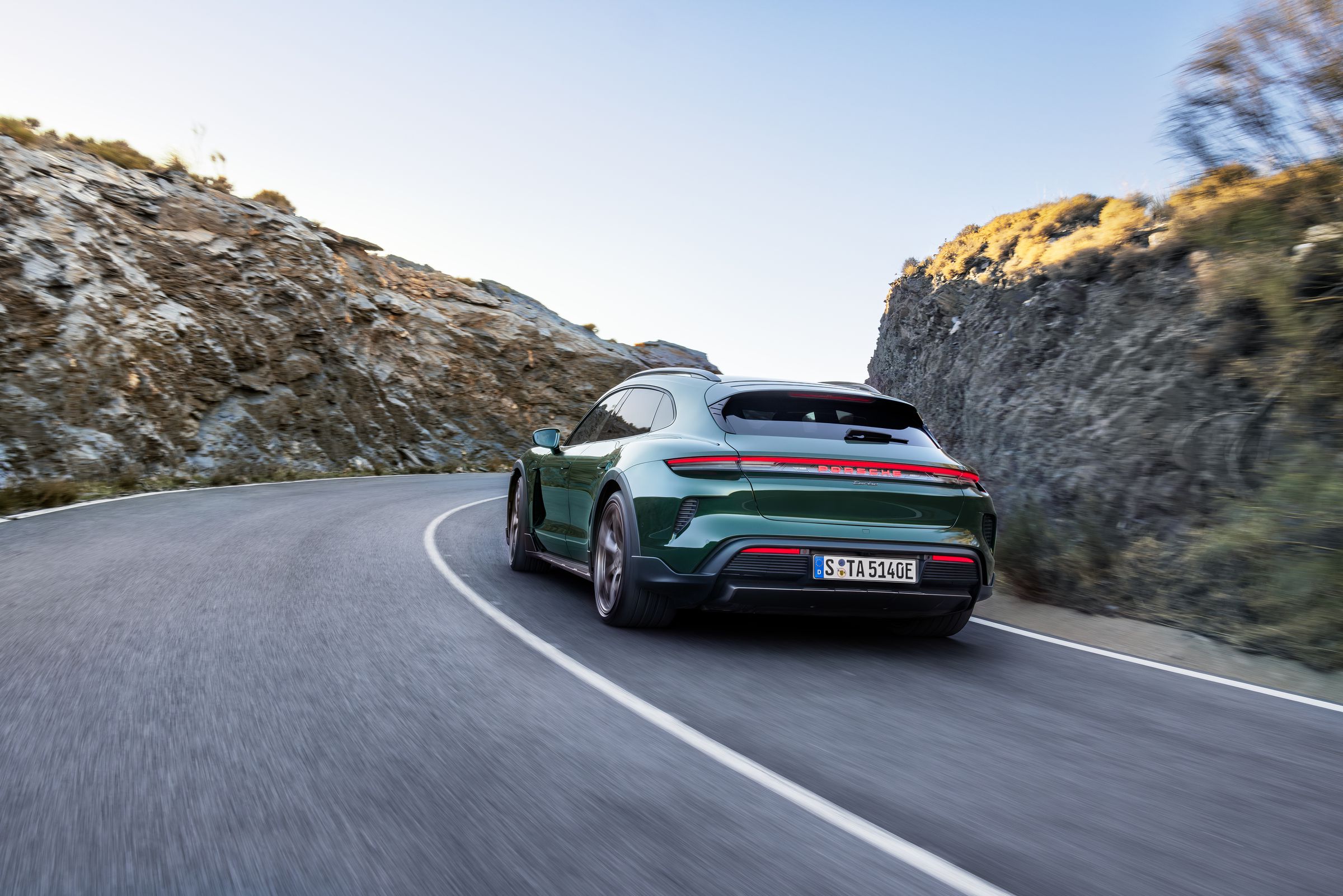
The new performance battery can support higher rates of charge longer than before, even at lower temperatures. Porsche is also offering a 150kW DC/DC converter, which aims to optimize charging speeds on 400-volt networks, as standard for the Taycan.
Overall, the new Taycan will be more efficient than past models due to a variety of factors:
- A new advanced powertrain with a new rear-axle motor with up to 80kW more power than its predecessor on all models
- A modified pulse inverter with optimized software
- More powerful batteries
- Revised thermal management
- A next-generation heat pump
- A modified recuperation and all-wheel drive strategy
The modified recuperation is worth highlighting. Porsche says that the maximum recuperation capacity while slowing down from high speeds has increased by more than 30 percent from 290 to up to 400kW. In addition, all variants of the refreshed Taycan will come standard with specially developed aerodynamically optimized 21-inch wheels and reduced rolling resistance tires.

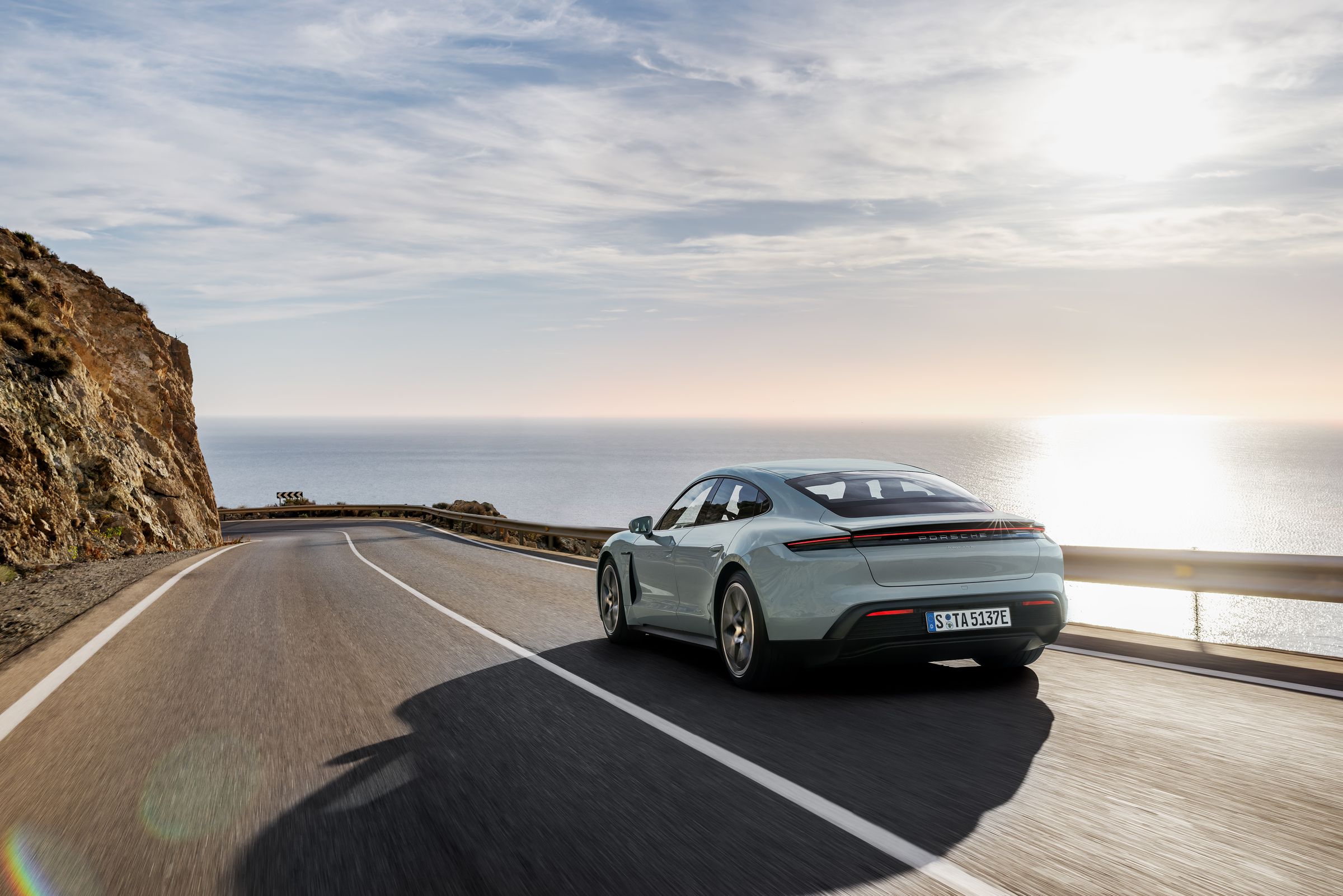
All of this improved efficiency allows Porsche to shave crucial seconds (or milliseconds) off of the Taycan’s zero to 60mph sprint time. The automaker says all variants will be notably faster than their predecessors.
For example, the rear-wheel drive Taycan now sprints from zero to 60mph in 4.5 seconds, making it 0.6 seconds quicker than before. Meanwhile, the new Taycan Turbo S sedan will be capable of reaching 60mph in just 2.3 seconds, 0.3 seconds quicker than previously. That makes it “the quickest production car Porsche has ever offered to date,” the company says.

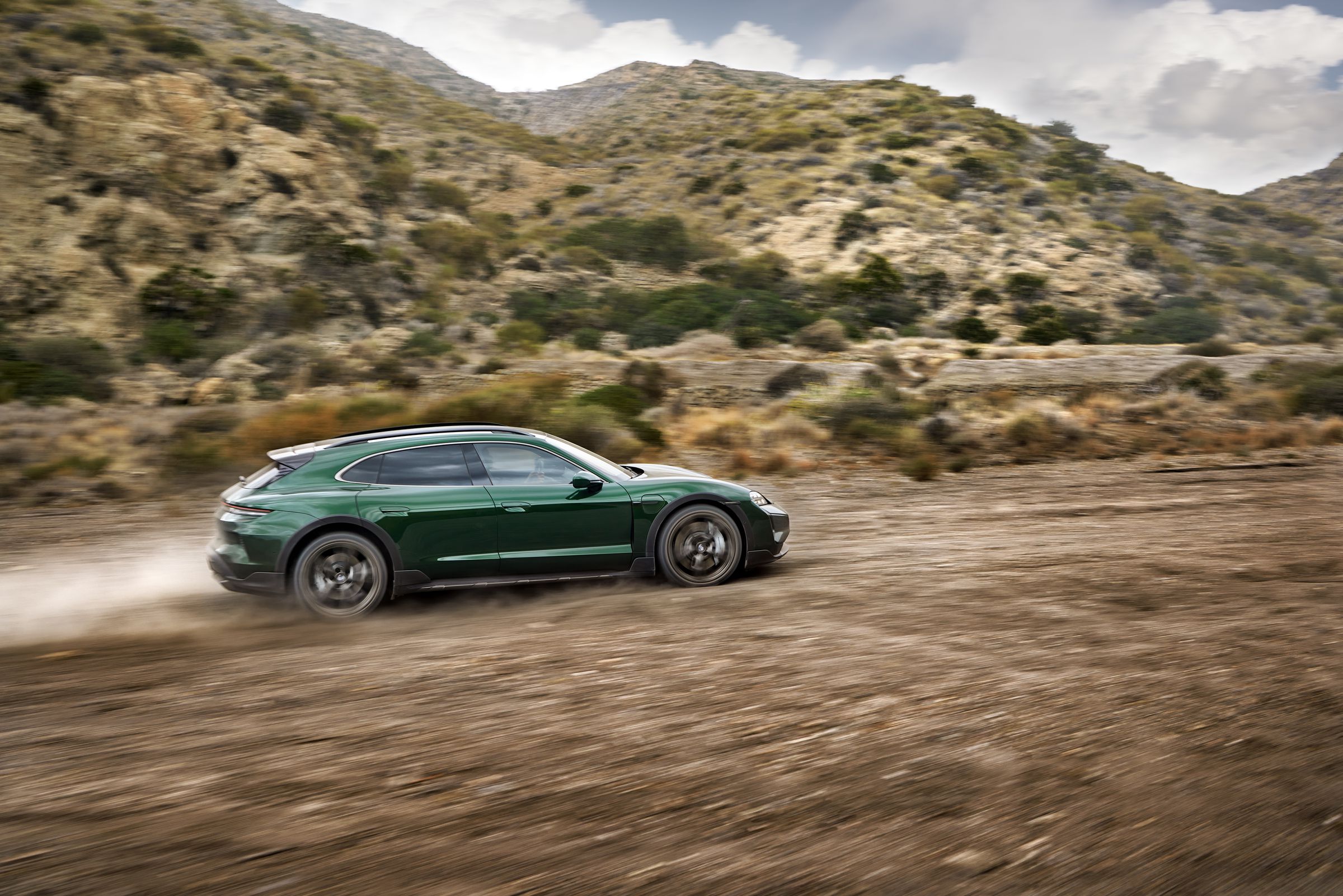
Quickest — and “most powerful,” according to the company. The Taycan Turbo S, for example, gets an additional 140kW when using launch control mode. This increases the system output of the top model to 700kW, or 938 horsepower.
And in a move seemingly culled from the Fast & Furious franchise, Porsche is offering the option to include a “push-to-pass” button that provides a 10-second boost of up to 70kW — or the equivalent of around 94 horsepower. Eat my dust, Toretto!

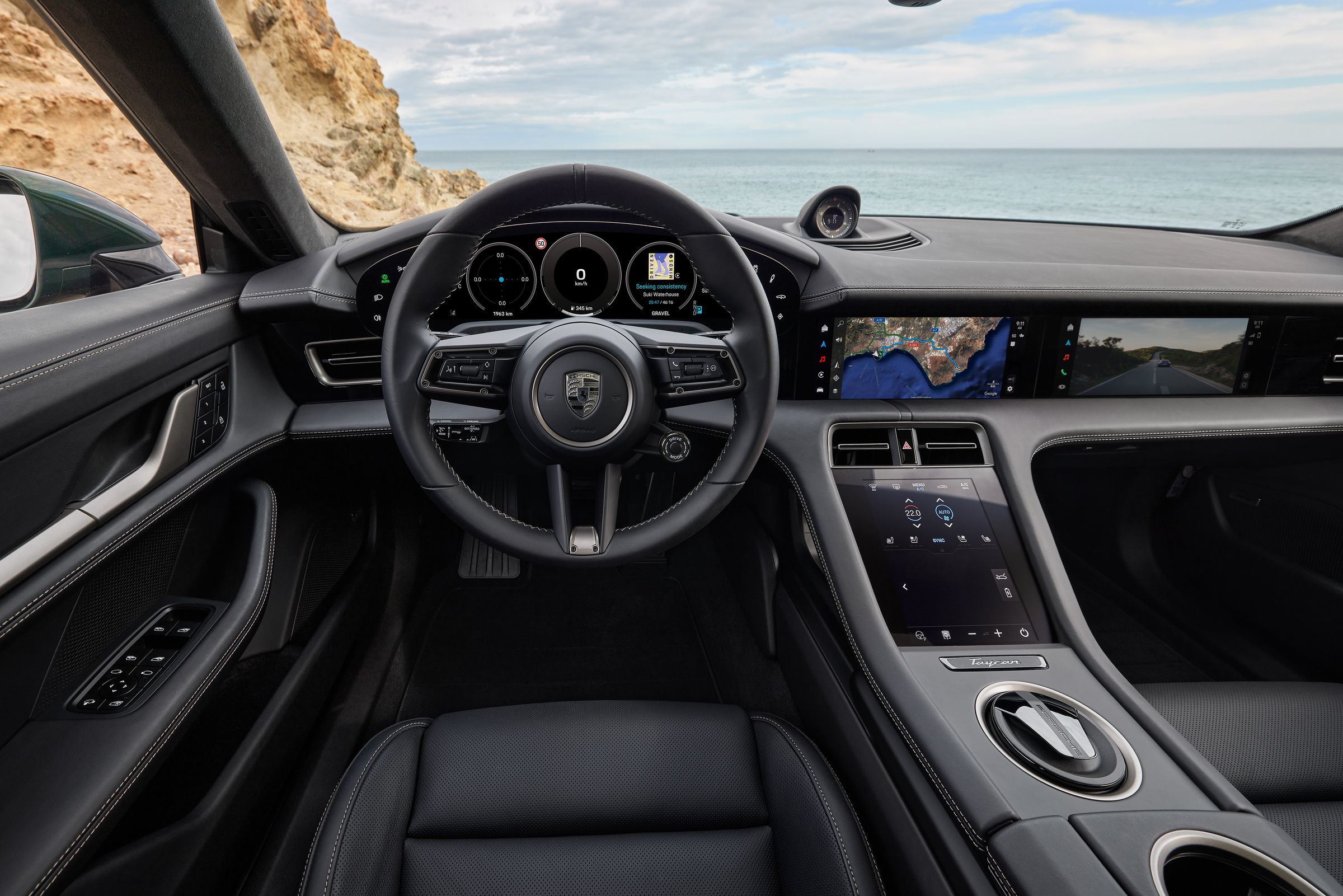
Design-wise, the refreshed Taycan has new headlights and taillights as well as new front fenders. New brushed aluminum door sill protectors can be found inside. And you can opt for a leather-free interior that swaps the cow skin for a high-quality microfiber material called Race-Tex.
Porsche isn’t releasing any official range estimates at this time, though it did recently conduct range tests in Southern California with some media outlets in which one prototype traveled an impressive 364 miles (587km) on a single charge. (Under less ideal conditions, like bad weather, the Taycan got around 300 miles of range, according to Patrick George of InsideEVs.)
Porsche says that Apple CarPlay has been “more deeply integrated into the vehicle displays and functions” in the updated Taycan. Porsche has said it will be among the first automakers to feature the newly immersive version of CarPlay — and now, it sounds like the Taycan will be the guinea pig. A new “In-Car Video” function enables video streaming on the central display and the passenger display.

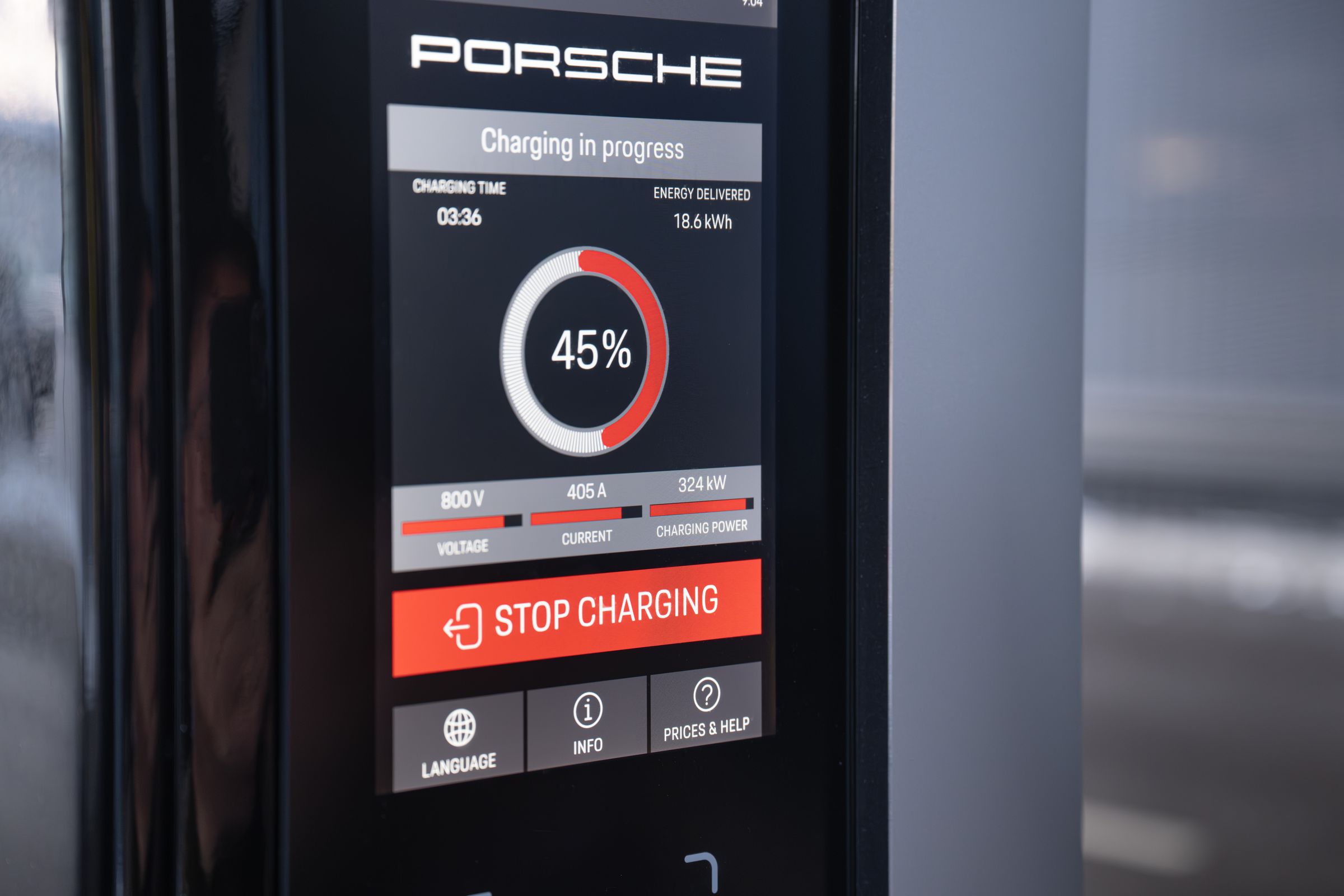
Since it was first introduced in 2019, Porsche says it has manufactured almost 150,000 Taycans, with the US, Germany, China, and the UK being the top markets for the high-end electric sedan.
The refreshed Taycan is making a statement about what we can expect with Porsche’s future lineup of EVs. The all-electric Macan SUV is due out later this year, followed by electric versions of the 718 two-seater and a plug-in Cayenne. The automaker has also said it is working on a brand-new electric SUV that will round out the lineup.
